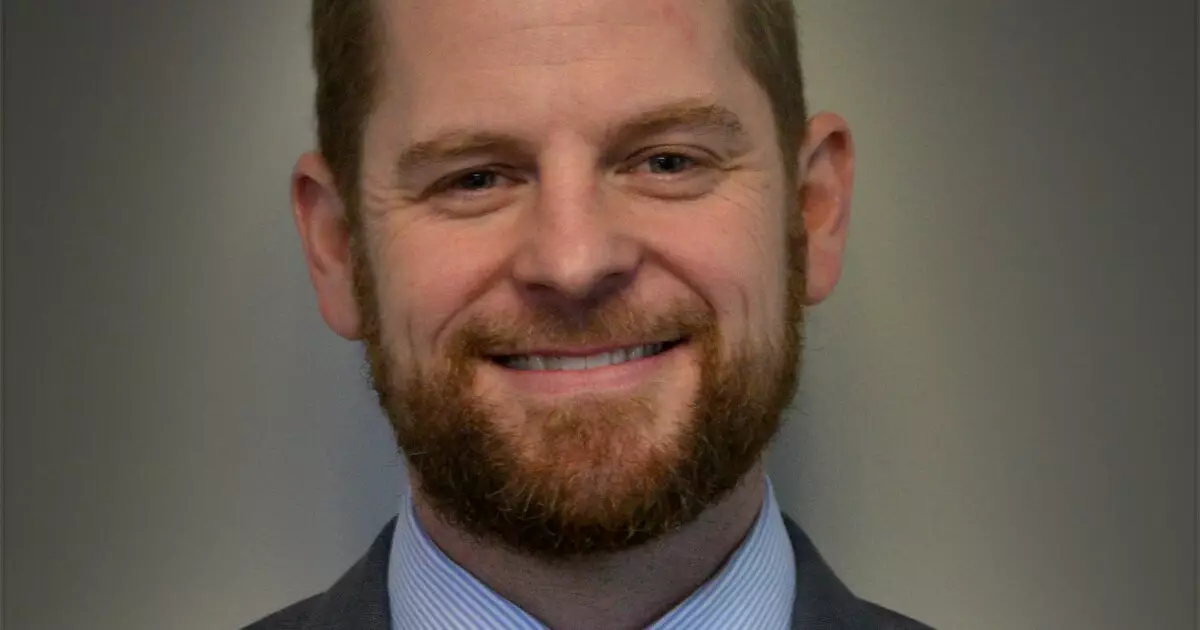As discussions around fiscal policy heat up within the Republican Party, the future of tax-exempt municipal bonds has emerged as a pivotal issue. These bonds serve as key financing tools for essential public projects, ranging from infrastructure upgrades to affordable housing initiatives. As the Trump administration pushes for substantial tax cuts, the question arises: where will the necessary funding come from? This dilemma places municipal bond exemption in a precarious position, particularly for lawmakers who must balance local needs against national pressures.
Toby Rittner, president and CEO of the Council of Development Finance Agencies, articulates a significant contradiction within Republican districts. He highlights the absurdity of a political inclination to eliminate a financing mechanism that directly contributes to the economic vitality and development of these regions. This contradiction underscores a critical challenge for policymakers who are grappling with both local responsibilities and broader political agendas.
Representative Rudy Yakym, who occupies a key role on the House Ways and Means Committee, finds himself at the heart of this complex debate. His engagement in tax policy discussions is pivotal, especially as expiration deadlines for provisions of the Tax Cuts and Jobs Act loom near. Yakym’s position makes him a primary target for lobbying efforts, with various groups keen on influencing his stance regarding municipal bond exemptions.
Jarron Brady, a policy analyst with the Government Finance Officers Association, notes the importance of keeping lines of communication open with Yakym’s office. In preparation for forthcoming committee proposals, scheduled to emerge by the end of March, the association plans to hold a briefing that could shape public and legislative opinion. The expected media leaks that will follow may provide more insight into the congressional strategies being devised, highlighting the stakes involved in these discussions.
In recognition of his efforts in the realm of public finance, Yakym recently received a Public Service Award from the American Public Power Association (APPA). This accolade not only solidifies his reputation but also reinforces the notion that tax-exempt financing is crucial for job creation and infrastructure improvements. As Scott Corwin, president and CEO of APPA, affirms, Yakym’s leadership within the Municipal Finance Caucus signifies a commitment to safeguarding the financial frameworks that empower community-owned utilities.
The APPA represents an impressive network of not-for-profit, community-focused utilities that provide power to 2,000 municipalities across the nation. These organizations heavily rely on tax-exempt municipal bonds to support a range of services, including reliability enhancements and emissions reductions. Consequently, any moves that threaten these bonds would resonate deeply within local economies.
In a proactive effort to preserve these essential financing mechanisms, Yakym, alongside bipartisan colleagues, reintroduced legislation aimed at restoring the advance refunding of tax-exempt municipal bonds. This initiative, encapsulated in the Investing in Our Communities Act, seeks to reverse the restrictive measures imposed by the Tax Cuts and Jobs Act during the previous administration. The collective effort of legislators from both sides of the aisle speaks to the recognition of the critical importance of providing communities with the financing tools necessary to thrive.
The bipartisan nature of this legislation emphasizes an acknowledgment that infrastructure investments must transcend political differences. With voices from both parties advocating for the restoration of municipal bonds, there is potential for significant progress—if lawmakers prioritize local considerations over broader party strategies.
As the political landscape continues to evolve, the fate of tax-exempt municipal bonds lies in a delicate balance. The pressure from the Trump administration for sweeping tax cuts raises significant questions about the future of public financing. Lawmakers like Yakym illustrate the necessity of defending local interests in the face of broader economic pressures. The coming months will be crucial in determining whether a consensus can be reached that values community needs and preserves vital financing tools essential for sustainable development. While corners of Congress may remain uncertain, local politics could indeed play a formidable role in how these categories intersect, shaping policy that supports the interests of constituents rather than partisan agendas.

